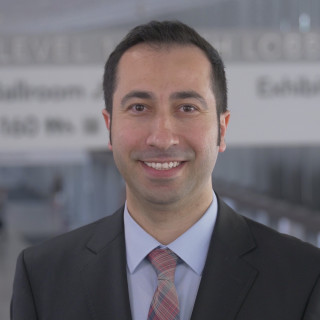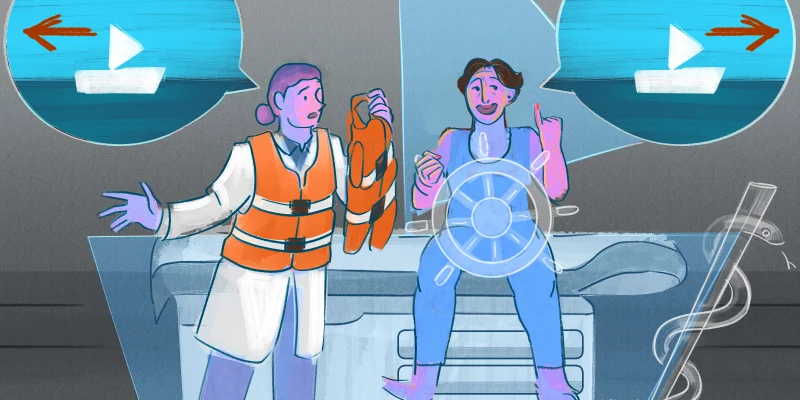It feels great to attend an in-person meeting again since the COVID-19 pandemic. The 2022 American Diabetes Association Annual Meeting was held in person and online in New Orleans this week. There were many highly anticipated clinical trial results this year in the meeting. I would like to highlight the most prominent ones in the field.
Insulin-only bionic pancreas clinical trial results were reported by Russell et al. The study evaluated artificial pancreas had 440 adults and children in the U.S. The primary outcome was HbA1c at 13 weeks, and the study included a large group of minorities, about 23% ( Hispanic, African American, and others). The study compared the system to the standard of care, which also included other hybrid closed-loop systems. The mean HbA1c decrease was 0.5%, and this decrease was more significant in the high HbA1c group. The system also increased time in range and did not increase hypoglycemia. A group of patients also used faster insulin aspart in the system, and there was no difference in HbA1c. There was some improvement in CGM metrics compared to a group that used insulin aspart or lispro with the artificial pancreas. Positive patient-related outcomes were also reported among adults and children using the system. This has not been approved by the FDA yet.
SURMOUNT-1 study results presented by Jastreboff et al. Tirzepatide, a recently FDA-approved glucose-dependent insulinotropic polypeptide (GIP)/GLP-1 receptor agonist, caused more than 5% weight loss in almost all of the study patients. In this study, 2,539 adults with obesity (BMI> 30) or BMI >27 and included at least one comorbidity, aside from diabetes. The safety and accuracy of 5, 10, and 15 mg weekly doses of Tirzepatide were assessed in 72 weeks. At the end of the study, mean weight loss was -15% for 5 mg, about 20% for 10 mg, and about 21% for 15 mg weekly doses, and all results were statistically significant compared to the placebo group. HbA1c, lipids, weight circumference, and blood pressure were also improved in Tirzepatide users despite being non-diabetic at the study beginning.
Libre 3, a real-time continuous glucose monitoring (rt-CGM) by Abbott received FDA approval last week. The first results from the system were presented by Karinka et al. Libre 3 is 70% smaller than Libre 2 and unlike Libre 2 intermittently scanned CGM) ,it is a rt-CGM system. With overall mean absolute relative difference (MARD) of 7.9% will be the lowest MARD in all FDA approved CGMs. In a multicenter study with 95 adults and children on insulin therapy, Libre 3 system showed 93.2 % of values within ±20mg/dL/±20% of the YSI reference. Libre 3 can only be used with a smart phone app, and as of today there is no integration with any hybrid closed loop system. Libre 3 will be the smallest CGM system with a size of 2 stacked US pennies.
With the new developments in the diabetes technology and therapeutics, I believe people with diabetes will have a better quality of life, improved glycemic control and decreased glycemic burden.
Dr. Akturk is an Assistant Professor of Medicine and Pediatrics at the Barbara Davis Center for Diabetes, University of Colorado and the Communications Director of American Diabetes Association, Diabetes Technology Interest Group Leadership Team. Dr. Akturk summarizes diabetes technology and therapeutic highlights of American Diabetes Association Annual Meeting since 2020 for Doximity members. This article reflects his own view and does not reflect the view of Barbara Davis Center of Diabetes or American Diabetes Association.
Dr. Akturk received research grants from Dexcom, Senseonics, Eli Lilly, Medtronic, IM Therapeutics, and REMD.
Image by Viktoria Kurpas / shutterstock







